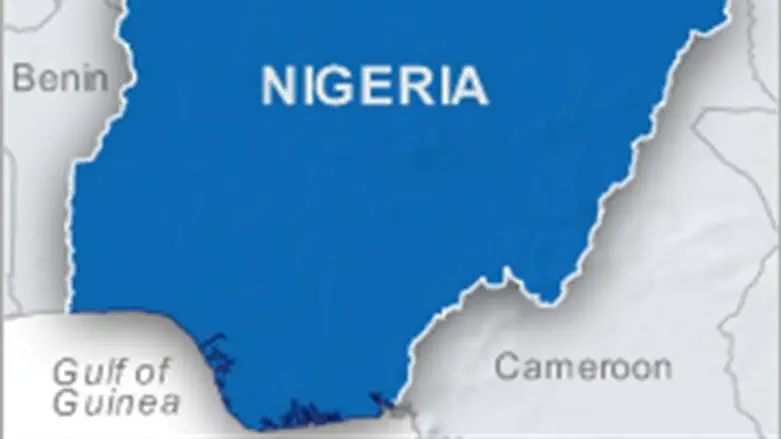
Nigeria faces an existential threat from the Boko Haram sect that claimed responsibility for last Friday's devastating attacks on the city of Kano.
More than 250 people are believed to have been killed in the Kano attacks, leaving Nigerians furious over President Goodluck Jonathan’s government failing spectacularly to confront the murderous Islamic insurgency.
The Kano attacks came a month after December's Christmas Day church bombings by Boko Haram that killed 37 in a bid to fuel sectarian strife in a nation equally and regionally divided between Muslims and Christians.
Boko Hamam began its existence in Nigeria's remote and least developed region in the north-east as an obscure Islamic group known for staging occasional drive-by shootings.
But since a 2009 government attempt to crush Boko Haram, the group rapidly extended its reach and technical capabilities to include coordinated bombings in the style of Al Qaeda-linked terrorists.
Counter-terrorism experts say the capacity and techniques Boko Haram has acquired in just two years could be a sign of external involvement.
They cite Boko Haram links to an Al Qaeda franchise in the Maghreb, that its members have trained in Somalia, and that in Nigeria they are receiving weapons and support from foreign terrorists.
In 2011 Boko Haram carried out the bombing of the UN headquarters in Abuja, the capital — a shift to an international target outside its usual agenda that could indicate an attempt to solidify bonds with global terror confederates.
The sudden spike in terror attacks by Boko Haram has put President Jonathan's government in the corner as it struggles to deal with economic strife and protests at the same time.
The president himself has said the country is facing a threat more serious to its existence than any since the Biafran war in the 1960s.
"What appears clear is that the focus is on destabilizing the country [and] portraying the government as one that cannot competently keep the country together," one of his advisers told the Financial Times.
"They want him to spend time running around after Boko Haram so he has nothing else to show," the adviser added.
And it appears to be working.
Tensions over Boko Haram have been amplified by growing economic inequality between the oil-rich south, where much of the country's business community is based, and a jobless north.
Amid the crisis Boko Haram's agenda has evolved from sectarian aggression expressed in low-intensity and sporadic attacks to a concerted effort to overthrow the state using advanced guerilla tactics.
They also advocate implementing Islamic law across Nigeria and dividing the country along religious lines, calling recently for Christians in the north to leave.
Meanwhile, as the violence rages on, calls for the north to go it alone are becoming more strident among southern residents.
Nigeria's 12 northern states are currently under Islamic Sharia Law while the south retains a secular government and a primarily Christian population.